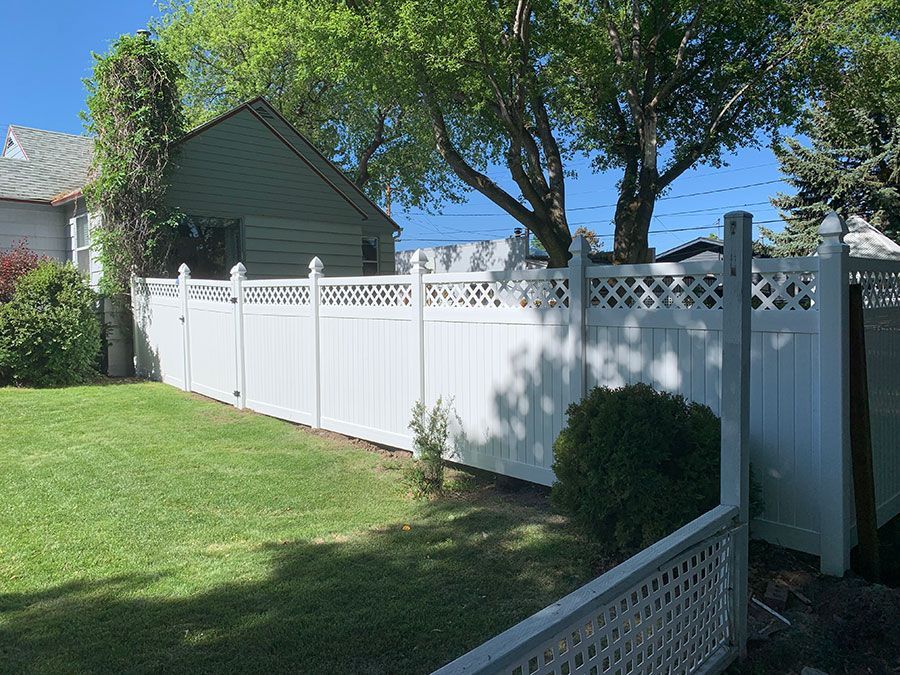Maintaining your fence doesn't always require a professional. With the right tools and a bit of know-how, you can handle many common issues yourself and save money. Here's how you can tackle basic fence care like a pro!
What You Need to Maintain Your Fence Yourself
To get started with fence repairs, gather the necessary tools. Below is a list of must-haves for most basic fence maintenance tasks:
- Hammer – For repairing loose nails or fixing broken boards
- Screwdriver – Great for tightening screws in wooden or metal fences.
- Post Level – Helps keep your fence posts straight and secure
- Paint or Stain – Protects wooden fences from weathering and enhances longevity
- Wire Cutters – Handy for trimming wire fences or cutting back overgrown plants
How to Tackle Common Fence Problems
Steps to Fix a Loose Fence Board
A loose or broken board is an easy fix with the right tools. Here’s a step-by-step guide to help you repair it:
- Remove any loose nails or screws using a hammer or screwdriver.
- Align the board with the fence and secure it with new screws or nails.
- Consider adding a corner bracket or additional reinforcement to ensure stability.
The Right Way to Stain and Seal Your Wooden Fence
Staining or sealing your wooden fence helps protect it from weather damage and keeps it looking fresh:
- Start by cleaning the fence well to remove any dirt, debris, and mildew.
- Choose a suitable stain or sealant for outdoor use.
- Evenly apply the stain with a brush or sprayer, working from top to bottom.
- Ensure the fence dries completely before you put it back to use.
How to Know When to Call in a Pro
Some fence issues go beyond DIY repairs. While simple tasks like tightening screws or replacing damaged boards are easy, complex problems might need expert attention:
- If you notice significant structural damage, such as leaning posts or a sagging fence, it’s time to call a pro.
- Electric fences or high-security fences that need specialized skills.
- When weather damage compromises the fence’s structure, it’s best to get professional assistance.
If you're unsure whether your repair is beyond your skill level, it's always better to call a pro. It can save you time, money, and potential frustration in the long run.
